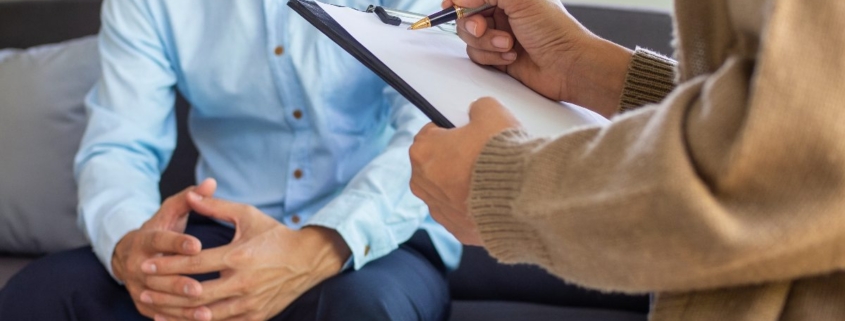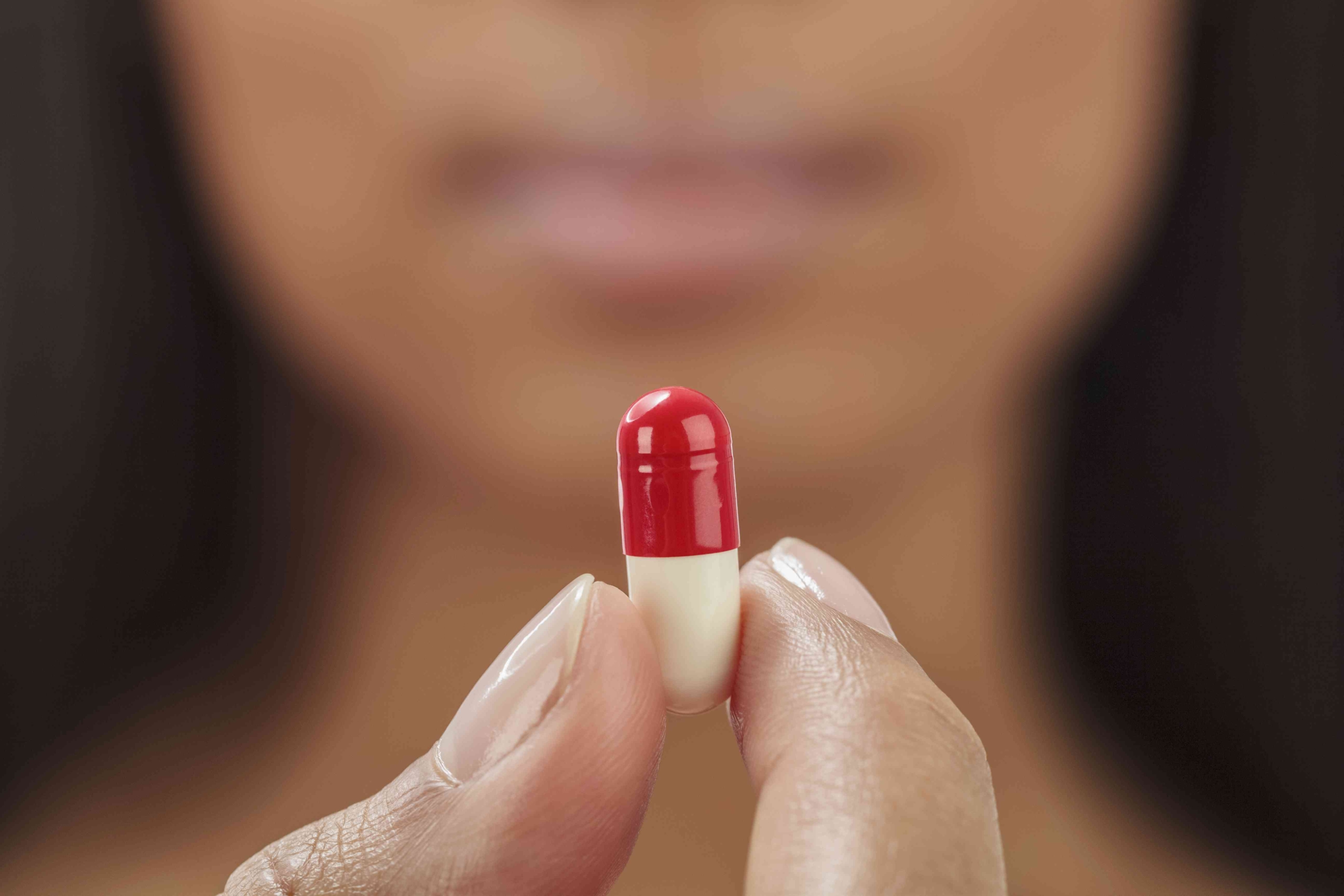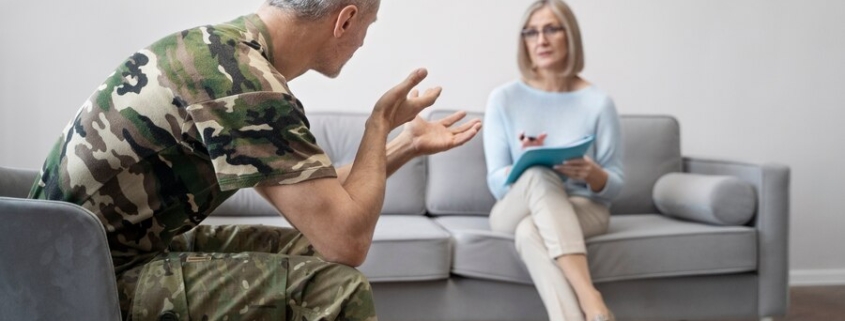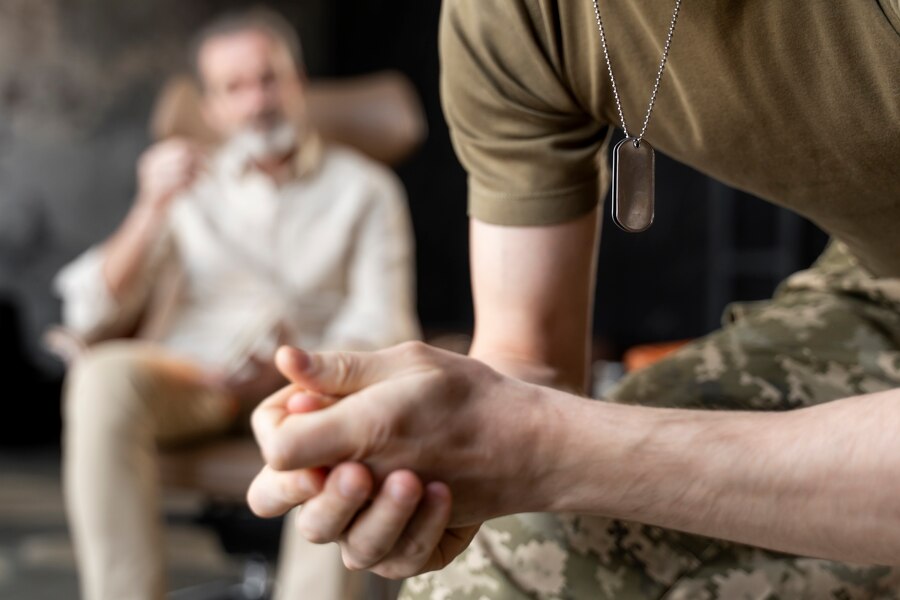Substance abuse is a serious issue that affects many individuals and families across Ohio. As part of the efforts to address this problem, the state has implemented a range of laws and regulations aimed at preventing drug misuse, supporting recovery, and promoting public safety. Couples Rehab, located in Ohio, is dedicated to helping couples navigate their journey to sobriety while staying informed about the laws and regulations that impact their recovery process.
This comprehensive overview of Ohio’s substance abuse laws will provide valuable insights for anyone seeking to understand the legal framework surrounding drug use, possession, and treatment in the state.
Introduction to Ohio’s Substance Abuse Laws
Ohio has implemented various legal measures aimed at curbing substance abuse and drug-related offenses. These laws cover a wide range of areas, including drug possession, distribution, and prescription drug misuse. Understanding these laws is essential for anyone affected by substance abuse, as well as for professionals working in drug rehabilitation, like Couples Rehab in Ohio, which provides support to couples seeking recovery.
This article will explore the different facets of Ohio’s substance abuse laws, focusing on key legal provisions, criminal penalties, and treatment options available to those struggling with addiction.
Section 1: Understanding Drug Classifications in Ohio
Ohio’s substance abuse laws are structured around the classification of drugs, which are organized into schedules based on their potential for abuse, medical use, and risk of dependency. The state’s scheduling system aligns closely with federal drug classifications, and understanding these schedules is crucial for knowing the penalties associated with substance abuse.
1.1 Schedule I to Schedule V Drugs
Ohio categorizes drugs into five schedules:
- Schedule I: These drugs have a high potential for abuse, no accepted medical use, and are considered unsafe for use even under medical supervision. Examples include heroin and LSD.
- Schedule II: These substances have a high potential for abuse but may have accepted medical uses with severe restrictions. Examples include cocaine, methamphetamine, and oxycodone.
- Schedule III: These drugs have a lower potential for abuse compared to Schedule I and II drugs and have accepted medical uses. Examples include anabolic steroids and certain barbiturates.
- Schedule IV: These drugs have a lower potential for abuse than Schedule III drugs and are commonly used for medical purposes. Examples include Xanax and Valium.
- Schedule V: These substances have the lowest potential for abuse and include medications with limited quantities of narcotics, such as cough syrups containing codeine.
1.2 Importance of Drug Scheduling in Legal Cases
The classification of a substance is a key factor in determining the severity of legal consequences for possession or distribution. Ohio law imposes stricter penalties for substances classified under Schedule I or II compared to Schedule III, IV, or V drugs.
For individuals or couples undergoing treatment at Couples Rehab in Ohio, understanding these classifications can help them make informed decisions about their recovery and stay in compliance with state laws.
Section 2: Ohio’s Drug Possession Laws
Ohio’s drug possession laws vary depending on the type and amount of the substance involved. The penalties for possession can range from minor misdemeanors to serious felonies, depending on the circumstances.
2.1 Possession of Controlled Substances
In Ohio, possessing controlled substances without a valid prescription is illegal. The penalties depend on both the type of drug and the quantity involved. For example:
- Minor Possession of Marijuana: Possessing less than 100 grams of marijuana is considered a minor misdemeanor and typically results in a fine without jail time.
- Possession of Hard Drugs (e.g., heroin, cocaine): Possessing even small amounts of drugs like heroin or cocaine is classified as a felony, carrying the potential for significant jail time and fines.
2.2 Ohio’s Decriminalization of Marijuana
Ohio has partially decriminalized marijuana, meaning that minor possession (under 100 grams) is not punishable by jail time. However, this does not equate to full legalization, and larger amounts or intent to distribute can still result in severe penalties.
Couples Rehab in Ohio often encounters individuals struggling with substance abuse involving both legal and illegal drugs. It is important for them to understand the distinctions in the law to avoid further legal complications while seeking treatment.
Section 3: Drug Trafficking and Distribution Laws in Ohio
Drug trafficking and distribution are serious offenses in Ohio, carrying harsher penalties than simple possession. Ohio law defines drug trafficking as the sale, distribution, or transportation of controlled substances with the intent to sell.
3.1 Penalties for Drug Trafficking
The penalties for drug trafficking in Ohio vary based on the type and quantity of the drug, as well as the location where the offense occurred (e.g., near schools or parks). The following are common factors that influence the severity of charges:
- Schedule I or II Drugs: Trafficking large amounts of Schedule I or II drugs can lead to lengthy prison sentences, often exceeding ten years, and significant fines.
- Marijuana Trafficking: While small-scale trafficking of marijuana carries lesser penalties, distributing larger amounts or selling to minors can result in severe legal consequences.
3.2 Ohio’s Approach to Prescription Drug Trafficking
Ohio has seen a rise in prescription drug abuse, leading to increased legal scrutiny around the distribution of prescription medications. Trafficking prescription drugs, such as opioids or benzodiazepines, is treated similarly to trafficking illicit drugs.
Couples Rehab in Ohio helps individuals recover from the misuse of both illegal drugs and prescription medications. Understanding the legal risks associated with trafficking can empower individuals in recovery to avoid these pitfalls.
Section 4: Ohio’s Prescription Drug Laws
Prescription drug misuse has become a significant problem in Ohio, particularly in the context of the opioid crisis. The state has enacted specific laws to regulate the prescription, distribution, and use of prescription medications.
4.1 The Ohio Prescription Drug Monitoring Program (PDMP)
Ohio has implemented the Ohio Automated Rx Reporting System (OARRS), a prescription drug monitoring program designed to track the distribution of controlled substances. This system helps prevent “doctor shopping,” where individuals visit multiple doctors to obtain multiple prescriptions for the same medication.
4.2 Prescription Drug Fraud and Legal Consequences
Obtaining prescription medications through fraud, forgery, or other deceptive means is illegal in Ohio. Prescription drug fraud can result in felony charges, depending on the nature of the offense and the drugs involved.
At Couples Rehab in Ohio, many individuals who seek treatment may have struggled with prescription drug misuse. Being aware of Ohio’s strict prescription drug laws is essential for avoiding legal trouble and staying on the path to recovery.

Section 5: Ohio’s Good Samaritan Law for Drug Overdose
Ohio has implemented a Good Samaritan Law aimed at encouraging individuals to seek help in the event of a drug overdose without fear of legal repercussions.
5.1 Overview of the Good Samaritan Law
Under Ohio’s Good Samaritan Law, individuals who seek medical help for someone experiencing a drug overdose are granted limited immunity from prosecution for drug possession. This law is designed to reduce overdose deaths by encouraging people to call 911 without the fear of arrest.
5.2 Limitations of the Good Samaritan Law
While the Good Samaritan Law provides some legal protection, it has limitations. For example, individuals can only claim immunity if they have not previously invoked the law more than twice. Additionally, it does not provide immunity for drug trafficking or other serious offenses.
Couples Rehab in Ohio works with individuals recovering from addiction, and knowing about the Good Samaritan Law can help them and their loved ones make informed decisions in emergency situations.
Section 6: Ohio’s Approach to Drug Treatment and Diversion Programs
Ohio’s legal system recognizes that treatment and rehabilitation can be more effective than incarceration for individuals struggling with substance abuse. As a result, the state has implemented various diversion programs that offer alternatives to traditional sentencing.
6.1 Ohio’s Drug Courts
Ohio has established specialized drug courts that focus on providing treatment options for individuals facing substance abuse-related charges. These courts offer rehabilitation as an alternative to incarceration, often requiring participants to complete treatment programs, such as those offered by Couples Rehab in Ohio, in exchange for reduced penalties.
6.2 Diversion Programs and Eligibility
Eligibility for diversion programs in Ohio depends on the nature of the offense and the individual’s criminal history. First-time offenders or individuals facing non-violent drug charges may be eligible for diversion, which can result in reduced or dismissed charges upon successful completion of treatment.
For couples seeking recovery at Couples Rehab in Ohio, these diversion programs can offer a second chance at a drug-free life without the burden of a criminal record.
Frequently Asked Questions
What are the penalties for drug possession in Ohio?
Penalties for drug possession in Ohio vary depending on the type and quantity of the substance. Minor possession of marijuana may result in a fine, while possession of harder drugs, like heroin or cocaine, can lead to felony charges and significant prison time.
Does Ohio have a Good Samaritan Law for drug overdoses?
Yes, Ohio’s Good Samaritan Law provides limited immunity from prosecution for drug possession if you seek medical help during a drug overdose. However, the law does not offer protection for repeat offenses or drug trafficking.
What are drug schedules, and why do they matter in Ohio?
Ohio classifies drugs into five schedules based on their potential for abuse and medical use. These schedules help determine the severity of legal penalties, with Schedule I and II drugs carrying the harshest consequences.
Is marijuana legal in Ohio?
Ohio has decriminalized the possession of small amounts (under 100 grams) of marijuana, meaning it is punishable by a fine rather than jail time. However, larger quantities or trafficking still carry severe penalties.
What is Ohio’s Prescription Drug Monitoring Program?
Ohio’s Prescription Drug Monitoring Program, known as OARRS, tracks the dispensing of controlled substances to prevent prescription drug misuse and doctor shopping.
Can I avoid jail time if I’m charged with a drug offense in Ohio?
In some cases, yes. Ohio offers diversion programs and drug courts that provide alternatives to incarceration, such as mandatory treatment. Eligibility depends on the nature of the offense and your criminal history.
What is drug trafficking in Ohio?
Drug trafficking involves the sale, distribution, or transportation of controlled substances with the intent to sell. Penalties are severe, especially for Schedule I or II drugs or if the offense occurs near schools or parks.
How does Couples Rehab in Ohio help with legal issues related to substance abuse?
Couples Rehab in Ohio provides comprehensive addiction treatment and helps individuals navigate the complexities of Ohio’s substance abuse laws, offering support to avoid further legal complications while focusing on recovery.
Conclusion: Navigating Ohio’s Substance Abuse Laws with Couples Rehab
Ohio’s substance abuse laws are complex and multifaceted, encompassing everything from drug classification and possession to trafficking, prescription drug misuse, and diversion programs. For individuals and couples seeking recovery, understanding these laws is critical to avoiding further legal complications and staying on the path to sobriety.
Couples Rehab, located in Ohio, is dedicated to helping individuals and couples navigate the challenges of addiction while staying informed about the legal landscape. By offering comprehensive treatment options and legal knowledge, Couples Rehab provides the support necessary to overcome substance abuse and build a healthier, more fulfilling life.
In conclusion, staying informed about Ohio’s substance abuse laws can empower individuals in their recovery journey, helping them avoid legal issues and focus on their well-being. If you or your partner are struggling with addiction, contact Couples Rehab in Ohio, we are here to help you navigate these challenges with compassion and expertise.









